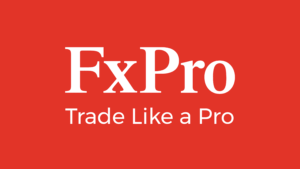Examine the list of tradable currency pairs before choosing a forex or CFD broker. At a minimum, the brokerage should offer all major currency pairs (EUR/USD, USD/JPY, GBP/USD, USD/CHF) and cross-currency pairs, as well as so-called commodity currency pairs (USD/CAD, AUD/USD, NZD/USD). Traders who take exposure solely in these instruments won’t need a long list of minor pairs from faraway places that aren’t of interest.
However, a robust list reflects a broker’s willingness to go the extra mile in providing customers with the opportunity to trade lesser-known pairs when a shock event or other market mover hits that part of the world. For example, the USD/MXN pair attracted huge buying and selling interest when the United States renegotiated NAFTA with Mexico and Canada. Just keep in mind that minor and exotic pairs usually incur much wider spreads and higher commissions.
Look at the margin and leverage offered for each currency group. European regulations have capped margin on forex and forex CFDs since 2018, with a 30:1 limit on major currency pairs and 20: 1 limit on non-major currency pairs. Make sure to read the fine print because EU-regulated brokers are also required to prominently disclose the percentage of clients who lose money and provide negative balance protection to ensure the account never drops below 0.

















